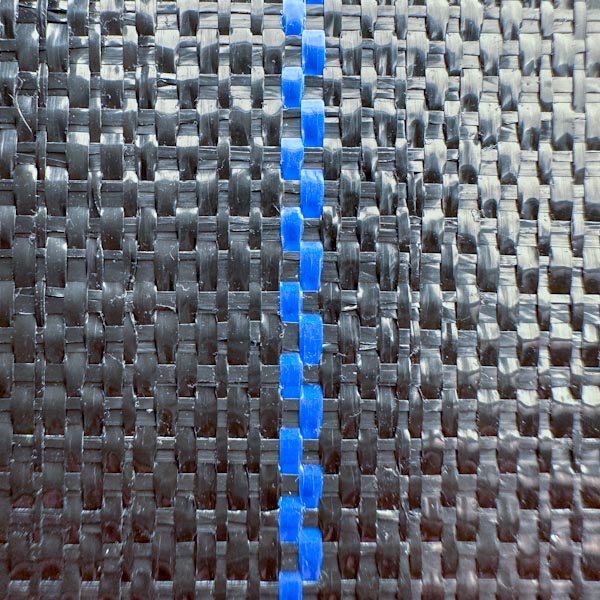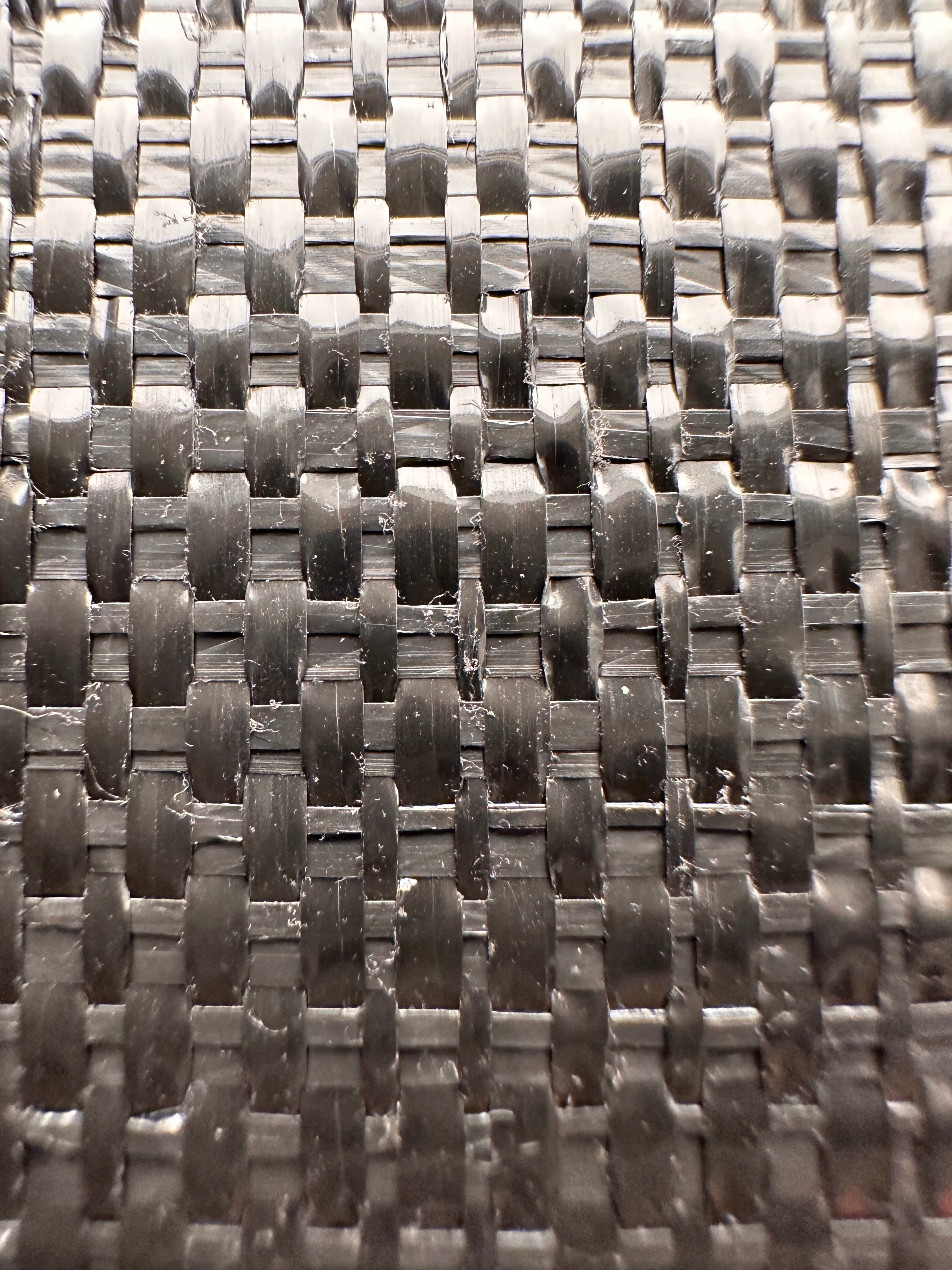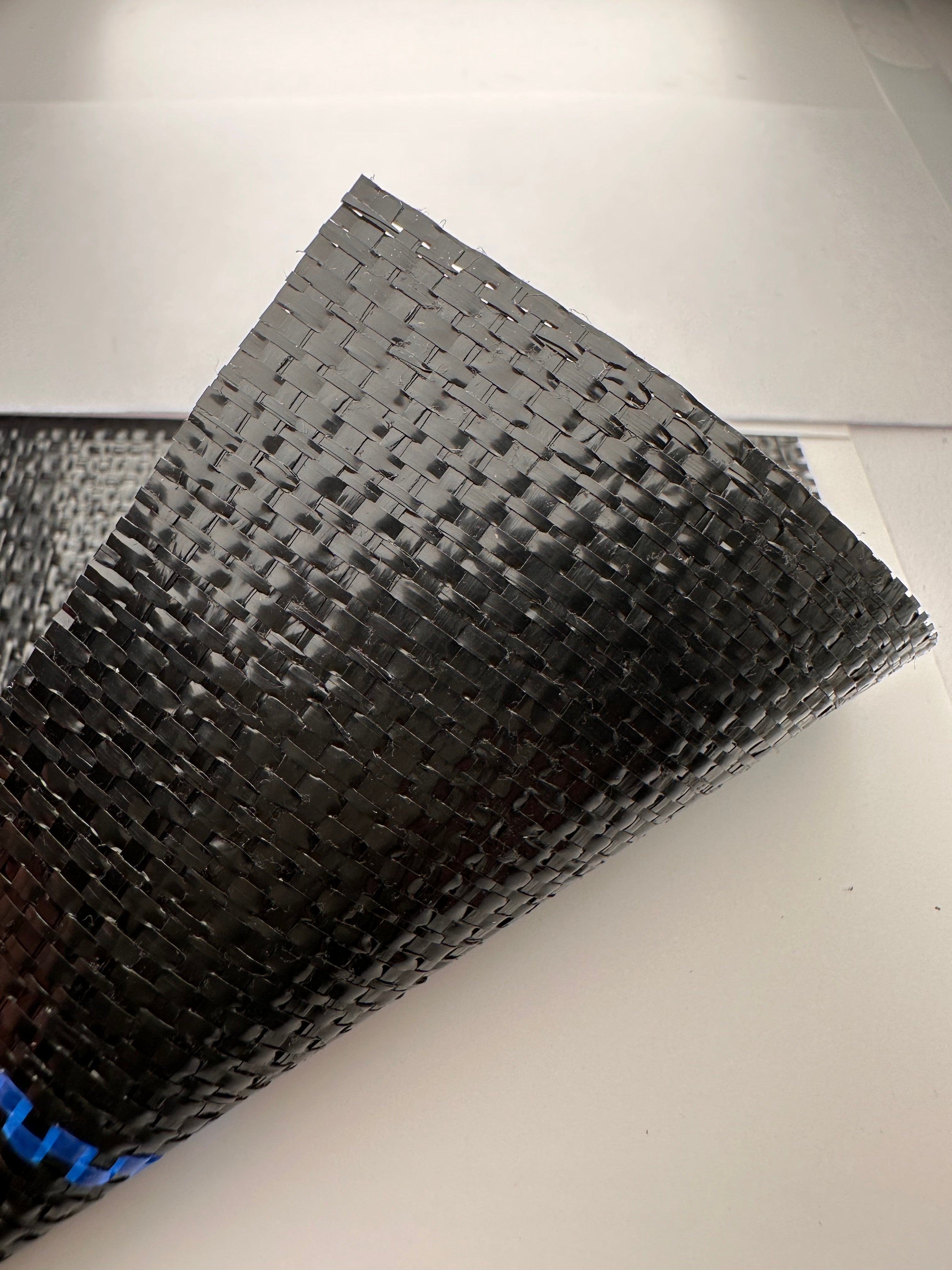Description
This fabric is available in a variety of different roll sizes and ships from four regional warehouses for delivery throughout the United States.
Fabric at a Glance
Permeable
Strong
UV Resistant
Rot Resistant
Mildew Resistant
Rodent Resistant
Insect Resistant
Heavy-Duty Greenhouse Ground Cover Fabric
Fabric Texture:
Woven fibers
Fabric Weight: 3.2 oz / sq. yd.
Download Product Specification SheetRequest Formal QuoteCG
Commercial Grade
Each of our fabrics is commercial-grade and designed for years of continuous in-ground use. This fabric is ideal for permanent installations where long term durability is required.
Volume Pricing
Fabric Pros can provide volume pricing for larger orders totaling more than $5,000. Please fill out the quote request form at the link below and we will provide you with a written quote within two business days.
Request Volume QuoteQuestions?
Do you have product related or purchasing questions? We are happy to help, just give us a call:
(800) 214-5028
Commercial Ground Cover Fabric
Designed for commercial installations, this ground cover fabric is both UV-resistant and ultra-reinforced for foot traffic in growing applications. The material resists weed growth and is rugged enough to withstand placement of pots, planters or other objects. This fabric is for the customer who wants the best, not the cheapest.

Tip: Look for Detailed Specs
Large online shopping websites are flooded with fabrics claiming to be the "highest quality". Always look for detailed specs with testing results. If you don't see a spec sheet download don't believe the claim.

Why Spend More with Fabric Pros?
You’ve probably seen “high-quality ground cover” on various big box retailers websites. Usually priced really cheap. Why spend more with us? Think of the installation as a whole. In a growing application the first thing to be installed in a growing location is the fabric. After which everything is set on top. If a low quality fabric is selected and begins to rip, either time will be spent patching or everything will have to be moved and the fabric reinstalled. Moving thousands of pots, planters and equipment can be very costly and can easily overtake the price savings of going with an economy-grade fabric. Case in Point: buy fabric that has been time tested, widely used by professionals and is ASTM tested. You’ll pay more but at least you’ll know what you are getting. Fabric that is directly imported from overseas and posted to a “large online retailer” with countless “5 star reviews” should be approached with a great deal of caution.
Clear Direction on the Right Fabric to Use
From thousands of customers over 20 years we know what the most appropriate fabric is for the given application and we make it simple. We don’t throw 50 options at you to decipher. We present the most commonly used fabric by the professionals for the application.
Tested, Commercial-Grade Fabrics
Testing data helps you as the customer know what you are buying. More often than not, stores selling economy-grade fabric do not provide specification information with ASTM testing data. This is intentional.
We Ship Fast
When you place your order with us we make every effort to process your order right away. If your order is placed in the morning there is a strong chance that we can get it picked up same day by the shipping company.
We Pick Up Our Phone
Have you ever ordered a product online and for some reason needed to call the company? After spending 20 minutes searching for the phone number you finally call and get an annoying menu and eventually a person who doesn't seem to really care?
Not with Fabric Pros. We hate menus so we don't have one. When you call you get a person who is willing and actually able to help every time.
What Else Makes our Greenhouse Fabric Different?

Our Greenhouse Fabric is
100% Polypropylene
Our greenhouse fabric is composed of 100% woven polypropylene. No fillers and no economy-grade substitutions. Our greenhouse fabric is uniquely woven in a tight pattern to provide both weed growth suppression as well as stabilization for foot traffic and placement for pots. To provide resistance against UV deterioration the polypropylene has been specifically formulated with built-in UV inhibitors. For the highest quality greenhouse flooring fabrics look for products that are explicitly labeled as “100% polypropylene”.
How Long Will Shipping Take?
Our fabrics ship from four different distribution warehouses located in the west coast, south, midwest and north east areas of the United States. Most of our fabrics are stocked at all four locations and will ship from the location nearest to you to minimize transit time.
Our "Approximate" Transit Map
If everyone has learned one thing in the last few years it's that delivery dates aren't exact.
Most orders require 1 business day to ship. The shipping map to the right is "approximate" and does not take into account order processing time. (typically one business day or less) Sometimes a fabric will be out of stock at the specific warehouse closest to you and will have to ship from a further warehouse. This can impact the transit time. It is always a good idea to order your fabric a full week before you actually plan in installing. It will most likely show up days sooner but it's always better to be safe than sorry.

A Fabric for Nearly Every Application
Looking to do something different? View our selection of fabrics below for nearly every application.
Is Your Project a Bit "Outside of the Box?"
Don't worry, we probably have a fabric that will work great for whatever you are trying to do too! Feel free to give us a call at (800) 214-5028. We're happy to provide some guidance on the fabrics that you may want to consider for your project.
Different Types of Fabrics and Their Usage
Landscape fabric is well known to block weeds when used the right way but using the wrong fabric can ruin all your hard work. In order to get the best results, you have to know the differences in these fabrics and know when and where to use them.
Whether you are creating a vegetable garden or a stone pathway, you have to know what fabric will work best for the project. There are woven, non-woven, spun, and perforated garden fabrics, all used for different purposes.

Sun Showing Through Greenhouse
What Landscape Fabric Is
Landscape fabric is a material that is formed like a sheet and is typically purchased in rolls. You can place this material around trees, shrubs, and garden beds.
This material is used for:
• Blocking weeds
• Reduce evaporation
• Decrease the use of herbicides
• Stabilizing soil temperatures
• Control the erosion of soil
Landscape fabric is often referred to as garden fabric, weed control fabric, weed block fabric, and barrier fabric. The fabric is made of linen, polypropylene, polyester, and recycled materials.
The Different Types of Landscape Fabrics
The different kinds of landscape fabric, as listed below, have different features for specific areas in your garden.
Woven Fabric
Woven landscape fabric is made of polypropylene or woven linen with small holes to allow water, nutrients, and air to enter the soil. Woven landscape fabric is a good choice for going around trees, and shrubs, and for smothering weeds, It serves really well in flower beds where plants are not changed out very often.
This fabric is tough and very difficult to puncture or tear so it's not a good choice for vegetable gardens where plants will be replaced often requiring alteration to the fabric openings.
Non-Woven Fabric
This fabric is a solid sheet of material and is usually made from polypropylene or polyester. Non-woven serves as a barrier between stones and soil by preventing the stones from sinking while blocking weed seeds from sprouting. It can be difficult to remove small stones or handle the soil. When it's time to remove the rocks, the fabric makes it a much easier process

Industrial Sized Nursery
Spun Fabric
This is a non-woven fabric made of long polyester fibers bonded together using heat or compression. Some of the spun fabrics are thin enough to exchange water and nutrients between the plants and the soil. You can use spun fabric in flower beds when digging is limited but it's not a good choice for vegetable gardens.
The thick spun fabric is not absorbent. but is perfect for gardeners creating physical barriers around their garden borders to keep destructive insects away as well as stop invasive grass. Thick spun fabrics are perfect for underneath gravel mulches and pathways. It's strong and durable behind retaining walls to keep plant roots away and prevent soil from entering through the cracks.

Row Crops at Nursery
Perforated Fabric
This landscape fabric has perforated holes, it's lightweight for areas that received very little foot traffic, or when plants are changed out on a regular basis. This fabric works best in vegetable and flower beds including beds where you regularly dig the soil. Many perforated fabrics come with pre-cut holes for your plants. These small holes allow water, and nutrients to seep into the soil while still preventing the growth of weeds.



